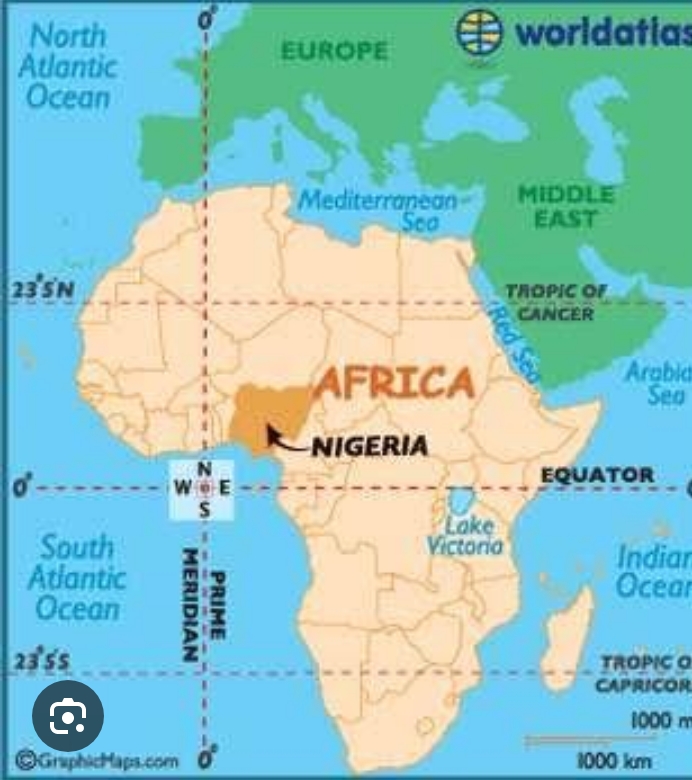In the 1990s, Nigeria stood as a beacon of hope for Africa, playing the role of a “big brother” and striving to bring peace to war-torn regions like Liberia and Sierra Leone. The country was often seen as the potential America or China of Africa—a nation whose success would herald the success of the entire continent. However, over the past decade, Nigeria has faced a series of challenges that have led to a decline, dimming the once-bright prospects of its people.
A significant part of Nigeria’s problems can be traced back to the manner in which it gained independence and the legacy of colonial institutions that were never truly decolonized. When Nigeria gained independence, the structures left behind by the colonial masters were merely handed over to a new Nigerian elite, who perpetuated the same colonial systems of exploitation and control.
The police force, for instance, was originally established to protect the interests of the colonial elite, often through violent means. Post-independence, this institution continued to function in much the same way, protecting the interests of the Nigerian elite rather than serving the broader public. This elite class, much like their colonial predecessors, often views Nigeria as a resource-rich farm while considering global metropolises like London and Paris as their true homes and places of comfort and healthcare.
The educational system in Nigeria also remains a vestige of colonial rule. Designed to glorify the colonial masters and ingrained with a sense of indebtedness among the colonized, this system persists today, fostering a sense of inferiority and dependency rather than empowering critical and independent thought. The curriculum often portrays the colonial period as a time of benevolent intervention, overlooking the exploitation and oppression that characterized it.
Religion and traditional leadership were similarly manipulated to pacify resistance during colonial times. Religious leaders were co-opted to preach compliance and patience, discouraging revolutionary thought. Traditional rulers who resisted colonial influence were replaced with more compliant figures, a pattern that continues in various forms today. Modern traditional leaders often have to navigate a delicate balance, adhering to the legacy of collaboration established during colonial times.
The continuation of these colonial systems means that the face of power in Nigeria may have changed, but the underlying dynamics have not. The Nigerian elite still benefits from a system that prioritizes their interests over those of the general populace, mirroring the exploitative relationships of the colonial era. This elite class enjoys the best of both worlds: extracting wealth from Nigeria while living luxurious lives abroad.
Breaking free from this cycle requires a comprehensive overhaul of the inherited systems. Decolonizing the police force, reforming the education system to foster critical thinking and a true understanding of Nigeria’s history, and ensuring that religious and traditional leaders serve the interests of the people rather than perpet.
Abu can be reached via danjumaabu3750@gmail.com or +2348062380296



